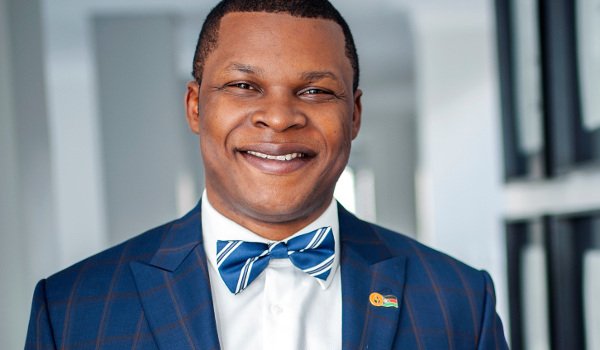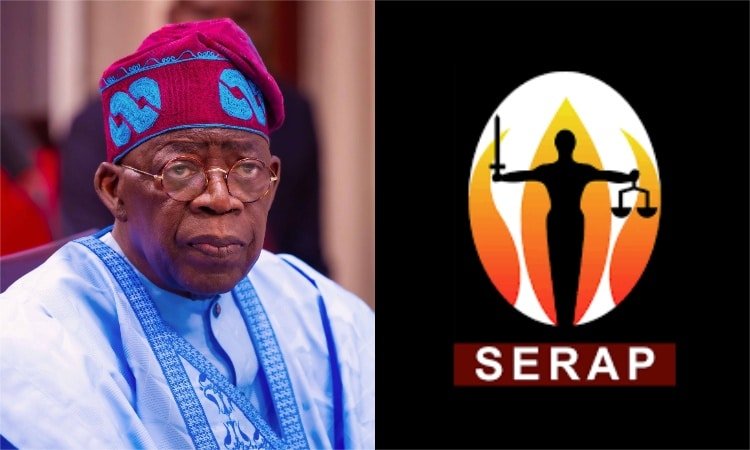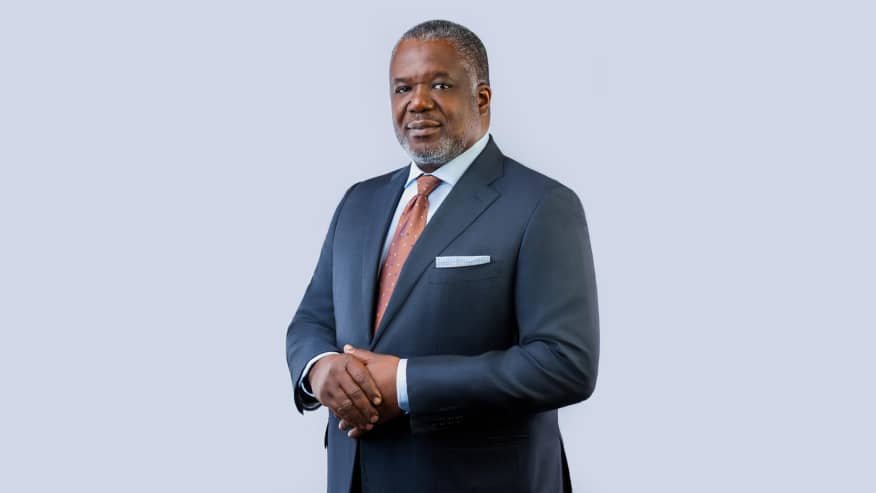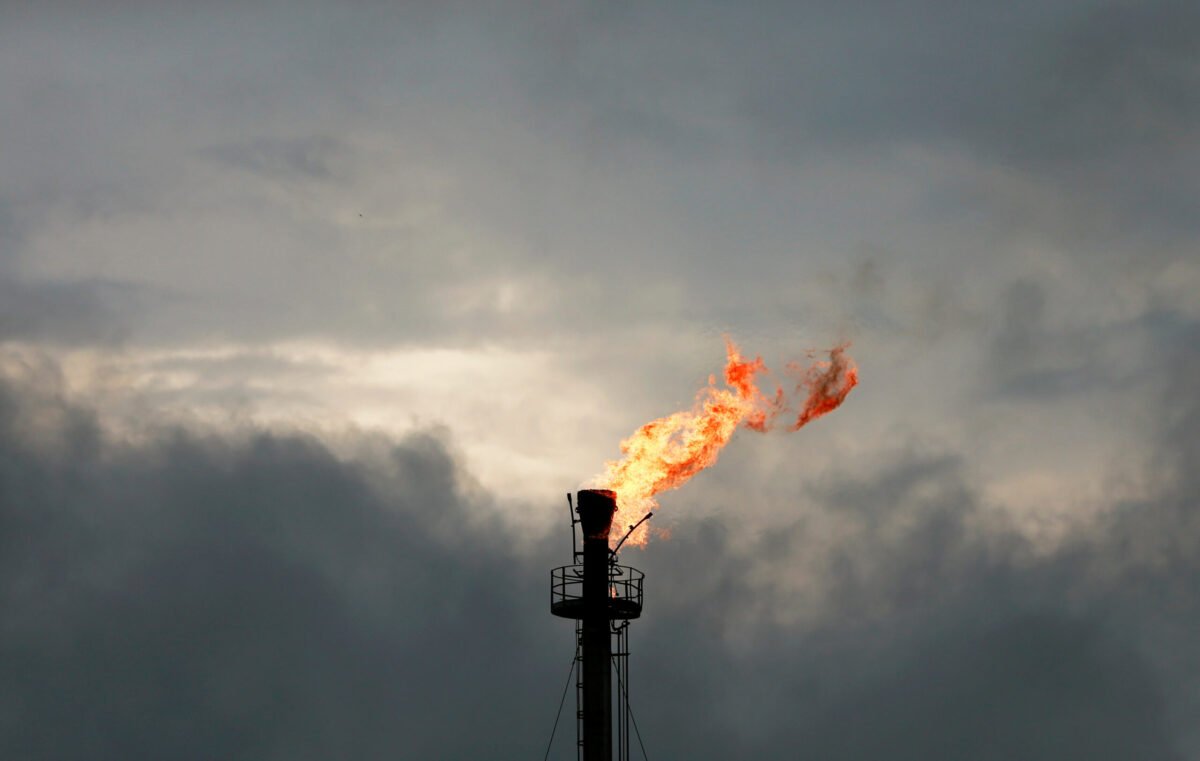By NJ Ayuk
Africans at COP27 and beyond need to pay critical attention about Africa’s position as a key source of critical minerals. Climate change and energy poverty are two sides of the same coin.
How about during this COP27, Global leaders push to process Africa’s minerals in Africa. Let’s not forget, Africa is blessed with some of the world’s largest reserve of metals and minerals needed for batteries, including lithium and cobalt, making the continent a key supplier for the global energy transition. At this COP27, the African Energy Chamber believes when we process these minerals in Africa, we rapidly eliminates emission-spewing shipments of the continent’s minerals and commodities.
As the entire global transportation marketplace marches toward an increasingly electrified and battery-powered future, many countries across the African continent stand at the threshold of profound economic opportunity. Now is the time to take action and decide whether or not Africa steps across it.
Countries around the world are encouraging their citizens to transition to electric vehicles (EVs) for both transportation and shipping. In many cases, governments are mandating their adoption by setting firm dates for total bans on gasoline-powered cars and trucks. Considering these circumstances, demand for EV batteries and the raw materials used in their manufacturing process will likely increase exponentially in the years ahead.
Africa supplies a significant portion of the metals critical to producing the lithium-ion batteries that power EVs — namely cobalt, manganese, and phosphorus, and, to a lesser extent, lithium, iron, copper, and graphite. Unfortunately, African mines export most of the minerals extracted to Europe and China, where much of the work that adds to their value takes place. Processes such as beneficiation — the treatment of raw, mined materials to improve their physical or chemical properties — and the smelting and refining that occur before EV battery assembly can’t be performed in Africa because there’s no infrastructure for it.
To begin the process of building the required infrastructure, African countries should move closer toward a thorough capitalization of their mineral resources. As noted in our newly released report, The State of African Energy: 2023 Outlook, “They can benefit from value-creation investments by developing the right market to support local demand for these metals, the right infrastructure to create an industrialization ecosystem, and the right capital markets to stimulate the much-needed investments across the battery value chain.”
Stepping Into a Larger Role
Ongoing developments both in Africa and abroad have the potential to bring the concept of a fully integrated African EV value chain into reality.
The first of these developments is the war in Ukraine.
Russia holds a sizeable market share of the global metal production industry. The country is a net exporter of aluminum, copper, pig iron, direct reduced iron, iron ore, and nickel. Russia also produces 37% of the world’s palladium supply and 11% of its platinum – metals essential to the worldwide production of catalytic converters. Focusing specifically on EV components, Russia also produces 17% of the global supply of high-purity nickel used in battery manufacturing and 4% of global copper – amounts that establish the nation as one of the world’s most prominent metal suppliers.
Russia’s invasion of Ukraine caused numerous countries to impose import bans on Russian commodities. International companies, independent of their home countries, also initiated “self-sanctions” on Russia by withdrawing their operations from the nation or restricting the sale of their goods within its borders. While the United States and the European Union have yet to announce any sanctions on Russian metal, this status could change in the near future as the continued tensions in Ukraine do not suggest any coming de-escalation.
Africa could potentially fill the gaps left by a Russian absence from the global mineral supply chain. South Africa, Zimbabwe, and Madagascar can collectively supply iron ore, nickel, and the platinum group metals, while Zambia and the DRC can provide copper. Africa’s own demand for Russian imports of steel and aluminum could be affected by sanction-induced complications. Investing in African infrastructure and developing a domestic supply chain would add diversity to the global metals trade and safeguard it against any future political upheavals or military conflicts.
Homegrown Transportation
Another promising development is Africa’s burgeoning EV industry. Rwanda and Ghana have declared their intentions to make the transition from gasoline-powered vehicles to EVs, while Rwanda and Kenya have committed to incentivizing domestic production. Egypt aims to produce 20,000 EVs per year beginning in 2023. Namibia has a goal of 10,000 EVs by 2030, and South Africa expects to see 2.9 million by 2050.
While much of the conversation about EVs pertains to four-wheeled cars, motorcycles and tuk-tuks have always been more popular transportation options in Africa. The global EV market recognizes this preference. In 2021, 44% of all two- and three-wheeled vehicles sold were electrically powered. Previously, Africans had no choice aside from imported e-bikes and trikes, but now companies like Lagos-based Metro Africa Xpress (MAX) are manufacturing them at home. MAX’s newest model, the M3, is a low-cost, long-range motorcycle capable of carrying heavy loads. MAX expects upwards of 70% of sold units to serve as commercial taxis.
Local Demand Leads to a Local Supply
This increased level of EV adoption, whether brought on solely by consumer choice or encouraged by government policy, will inevitably bring about increased demand for EV batteries. This demand could be satisfied by domestic mining and manufacturing — two links in a larger, fully African EV value chain.
The ratification of the African Continental Free Trade Agreement (AfCFTA) primed industries across the continent to establish a network that could leverage the expertise and resources of its individual members to create an EV battery manufacturing chain capable of servicing the needs of both African and global markets. Proceeds from this arrangement could fund enhancements to African infrastructure — an evolution that would, in turn, attract further international investment.
To properly seize the opportunities in front of us at present and to ensure the success of this endeavor, it is imperative that we acknowledge past mistakes and current conditions. An undertaking of this scale will require collaboration between governments, cohesive policy agreements, and uniform tax incentives. We cannot progress without commitments to improve roads, expand ports, and provide reliable and affordable electricity. We must also address the glaring workers’ rights issues affecting the subcontracted miners currently laboring at the foundation of this proposed value chain.
If we can work together to resolve these complexities, Africa will be ready to step into a bright, sustainable, and profitable future.
.NJ Ayuk is Chairman, African Energy Chamber





